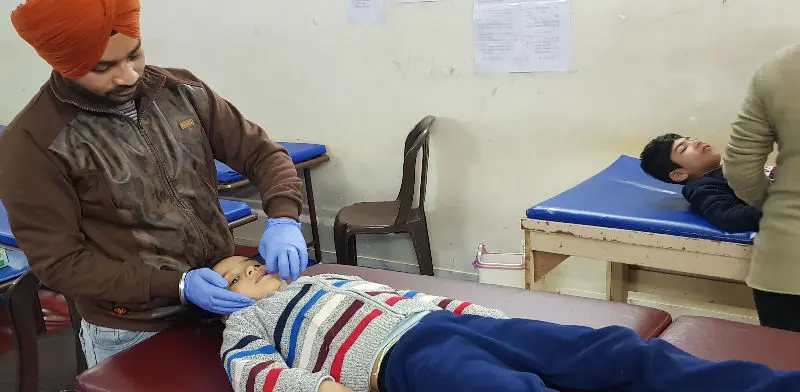It is normal for a child to lose focus during any activity, whether it is studying or playing with a doll, or even something as simple as sitting. As a parent, you can find yourself looking for ways to make your child sit through any task till it is completed. There is a term called attention span that describes the amount of time that children can stay focused on a subject based on their age. The attention span is very low for toddlers but it increases as the age of the child increases. However, if your child is unable to be attentive even for a short period of time there is a chance that the inattentiveness has become an issue. There are certain ways to help a child with a short attention span that can be practiced by parents easily at home. Keep reading to know more.
Year-wise average attention span of children
The duration before which a child loses interest in any task is the attention span and it increases with age. For a two years old child, the attention span is 4 to 6 minutes but it increases by around 2 to 3 minutes every year as age progresses.
2 years old: 4 to 6 minutes
4 years old: 8 to 12 minutes
6 years old: 12 to 18 minutes
8 years old: 16 to 24 minutes
10 years old: 20 to 30 minutes
12 years old: 24 to 36 minutes
14 years old: 28 to 42 minutes
16 years old: 32 to 48 minutes
If the attention span of your child falls way behind the average duration, you need to look into the matter as this can get serious when the child progresses in life with school and studies.
Improving your child’s attention span
Many factors can play an important role in affecting the attention span of your little ones. To help them stay focused and attentive, you can try these little things and encourage them to finish the task at hand.
Make sure your child is in a distraction-free area while performing any important activity. It becomes so much easier for the children to retain their attention when they are away from distractions, auditory or visual. Whether it is television, mobile phones or toys, make sure these items are not nearby your children when they are engaged in doing productive tasks.
It is easier to get children to complete a piece of work if it is divided into smaller tasks and includes some breaks in between. Depending on the complexity of the activity that your child is currently undergoing, you can break in multiple tasks with short breaks. During the break, try involving the child in some physical activity that breaks the tension.
Turning ordinary repetitive tasks into a game can make them interesting for children and they will automatically find themselves keen on completing those tasks. Simple work like cleaning the room, getting dressed, completing homework, etc can be made fun for children by turning them into a game.
Sometimes, the task at hand can be too much for a child making him or her slip away from it. Activities that are too hard often push children away and they began looking for reasons to not complete them. As a parent, you can help them understand the task and provide them with innovative ideas to perform them with ease.
If the inattentiveness of the child cannot be helped with these easy ways, chances are there that your child is suffering from ADHD (Attention-deficit/hyperactivity disorder) and might need expert help. If you suspect in any sense that your child may have ADHD, you can contact the experts at IIAHP.






